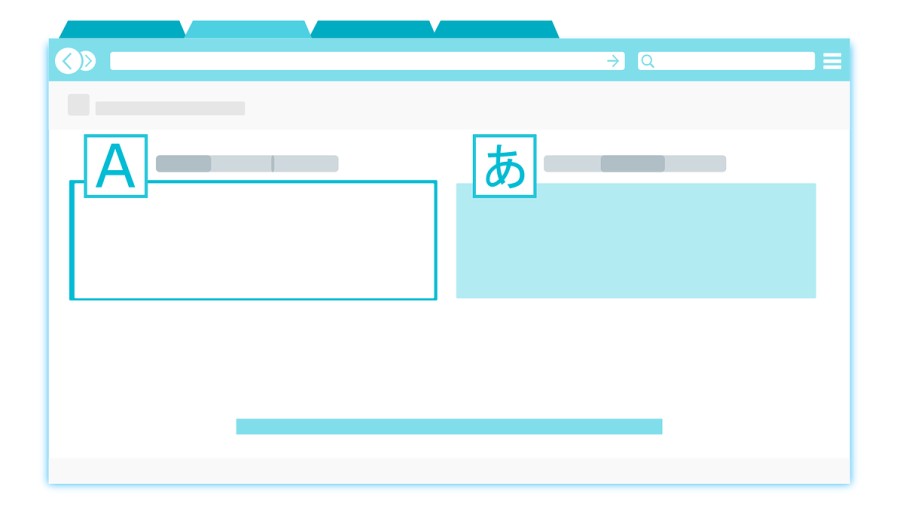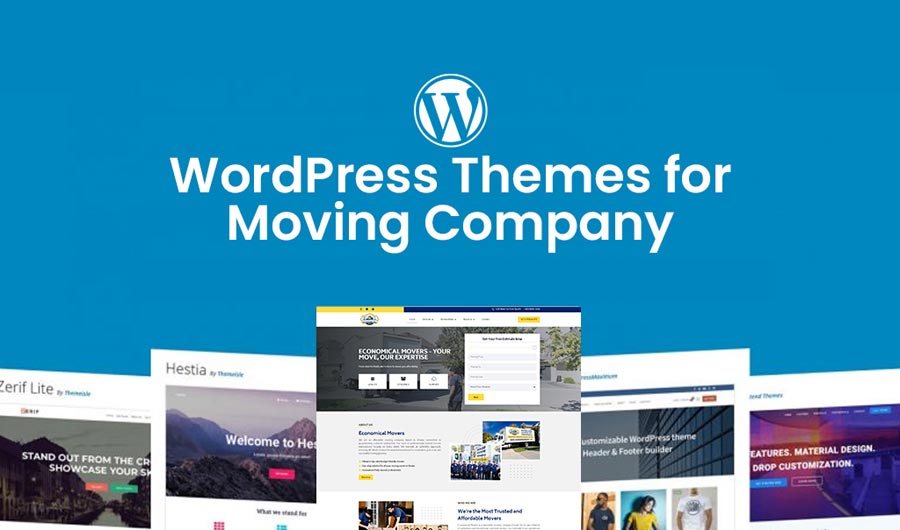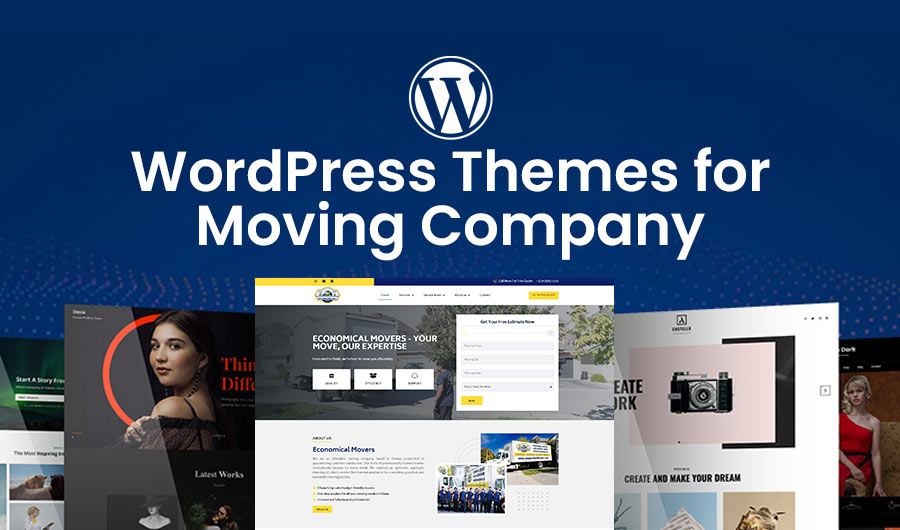
Integrating Professional Medical Translations into Web Development
Accuracy of medical data accessible online is more important than ever in the digital era. One medical document mistranslation can have disastrous effects on patient treatment and clinical results. Regulatory paperwork, clinical trial data, or patient education materials—the accuracy of medical content is critical. In such cases, the work of qualified medical translators becomes vital.
More than mere convenience, including expert medical translations into digital construction, is essential to guarantee the accuracy and accessibility of medical content to a wide range of users. Accurate and culturally acceptable translations are ensured by the experience of certified medical translators in negotiating the intricacies of medical language and cultural quirks.
Medical professionals and web developers can ensure that their online spaces give reliable and understandable medical information, hence improving patient trust and safety, by cooperating with reliable medical translation businesses.
The article will focus on the vital need to include expert medical translations in the development of websites, stressing the importance of accuracy and dependability in medical material.
The Significance of Medical Translations in Web Development
Determining the Need
Healthcare apps, websites, and other online tools that serve a worldwide audience need precise medical translations. Misinterpretations brought on by poor translations of medical jargon, directions, or circumstances can be rather dangerous to health. Such risks are avoided because qualified medical translators guarantee that complicated medical information is communicated precisely.
Safety and Trust of Patients
Professional translations guarantee patient safety by giving the patient easily understood health information in their mother tongue. This clarity helps patients’ ability to make well-informed health decisions. Good patient care also depends on precise translations of medical histories, consent papers, and discharge instructions. Furthermore contributing to the development of trust in medical institutions are professional medical translation services. Healthcare professionals who deliver accurate, culturally appropriate information in several languages demonstrate their dedication to patient-centered care.
By helping to produce trustworthy and dependable online resources, certified medical translators increase patient engagement and trust.nCertified medical translators are included into web building to guarantee correct, trustworthy, and widely available healthcare content.
Selecting Medical Translators
Certifications and Qualifications
Choose only certified medical translators. They ought to be fluent in the target and source languages as well as well-versed in medical jargon. Accreditation by bodies such as the American Translators Association (ATA) for certified medical translators guarantees their ability to handle intricate medical papers precisely.
Expertise and Experience
Having translated medical texts before is essential. There is less chance of mistakes when a translator has experience with the subtleties and particular vocabulary of medical language. They also are aware of cultural quirks, which guarantees that translations are sensitive to and correct.
Selecting qualified, seasoned medical translators maintains high standards of patient care and trust by ensuring correct and trustworthy medical material.
Benefits of Contracting with a Medical Translator Company
The Quality Assurance
Reputable medical translation providers have strong quality control procedures in place already. Among these are several rounds of editing, proofreading, and review by subject matter experts and licensed medical translators. Because of this methodical process, every translation is guaranteed to satisfy exacting and dependable requirements. To control language and guarantee consistency throughout all publications, several businesses also use specialist software.
Consistency and Accuracy
All medical documents are guaranteed to be accurate and consistent by professional medical translation agencies. Glossaries and translation memory tools are used to keep terminology and wording constant. The reliability of medical data depends on this uniformity, which also guarantees that patients and medical professionals get clear and trustworthy advice. Through standardization of translations, these businesses prevent misconceptions that could result from a disparate usage of language.
Efficiency & Time of Turnaround
Hiring a qualified medical translation agency guarantees on-time translation delivery and improves efficiency. These firms can manage big amounts of work fast without sacrificing quality since they have sufficient assets and experience. They are perfect for big or urgent projects since their project management systems and efficient processes allow them to meet deadlines.
Working with a respectable medical translation business guarantees quick, accurate, and high-quality translations that promote efficient patient care and communication in the healthcare sector.
Medical Document Types Requiring Translation
Patient Information and Education Resources
Making sure patients understand their health issues, available treatments, and care instructions completely depends on accurate translations in items they interact with. These resources contain educational information, discharge instructions, consent forms, and brochures. By enabling people to make educated decisions about their treatment, accurate and clear translations enhance results and build confidence in medical professionals.
Clinical Research and Trials
Clinical trial documentation and research papers depend heavily on accurate translations. This covers patient questionnaires, study procedures, informed consent forms, and research results. Precise translations guarantee that all study participants understand all the information and that the international medical community can reliably duplicate and evaluate the research. Ensuring ethical requirements are fulfilled and preserving the integrity of clinical research depend on this accuracy.
Documents Related to Regulation and Compliance
Forms for compliance and regulatory submissions need accurate translations. These include paperwork sent in to health authorities for registration of medical devices, drug approvals, and adherence to international health standards. Correct translations guarantee that these documents satisfy the strict standards of regulatory agencies, which helps to prevent delays or rejections and guarantees that items can be sold legally and safely in many locations.
Medical document translation services are essential to promoting patient care, progressing medical research, and guaranteeing regulatory compliance by offering precise translations of these vital records.
Integrating Translations into Web Development
Collaborative Process
The cooperation approach between web designers and medical translators entails clear communication and knowledge of project needs. Translators work collaboratively with programmers to seamlessly integrate translated material into the website or application, guaranteeing efficiency and accuracy during the process.
Localization and User Experience
Localization plays a crucial role in refining translated content to resonate with the cultural nuances and linguistic preferences of the target audience. By tailoring the material to align with the customs, idiomatic expressions, and sensibilities of the specific demographic, localization enhances user experiences significantly. This process imbues websites or software with a sense of familiarity and accessibility, thereby augmenting their usability and fostering deeper engagement. Leveraging online translation tools can further streamline and refine this localization process, ensuring that the adapted content resonates effectively with the intended audience.
Technology and Tools
Translation management systems (TMS), content management systems (CMS), and machine translation technologies ease the incorporation of translations into websites and applications. These solutions promote efficient collaboration among translators and developers, assuring smooth and timely delivery of localized material.
Challenges and Solutions
Technical constraints, assuring consistency, and linguistic subtleties are only a few of the difficulties in incorporating medical translations into web construction. Inaccuracies in translation of medical terminology can result from linguistic subtleties. Working with qualified medical translators who speak both the source and target languages well is crucial to resolving issues, as is using translation memory techniques to keep terminology consistent.
Multilingual content layout and design can be thrown off by technical constraints like problems with character encoding and text expansion. One way to lessen these problems is to use multilingual content management systems (CMS) and make sure web developers are conversant with internationalization (i18n) and localization (l10n) best practices. Accuracy and clarity depend on medical terminology being consistent throughout many documents.
Uniformity is maintained in part by using translation management systems (TMS) that save glossaries and translation memory. Medical document translation services can guarantee the correct and effective incorporation of multilingual material into web development projects by tackling these issues with the knowledge of medical translators and the use of cutting edge translation tools.
Frequently Asked Questions
1.Why should healthcare websites employ qualified medical translators?
By using qualified medical translators, complicated medical language is translated precisely and there is less chance of mistakes that could have grave health effects. Experts in specialized medical material, certified translators guarantee the clarity and dependability of patient information, clinical trial data, and regulatory documentation.
2.How can medical translation businesses guarantee the accuracy and consistency of their translations?
Medical translation companies keep all of their documents using the same vocabulary by using glossaries and translation memory technologies. To guarantee consistent and correct translations, they put in place stringent quality assurance procedures that include several rounds of subject matter expert review and proofreading. Medical information integrity is preserved in part by this across many languages.
3. What advantages does professional medical translations have when they are included into web development?
By offering correct and culturally appropriate content, professional medical translations integrated into web development improve user experience. Patient trust and safety are increased by it guaranteeing that healthcare information is clear and available to a worldwide audience. Partnering with a medical translation firm also guarantees prompt delivery and high-quality control, which promotes efficient communication and patient treatment.






